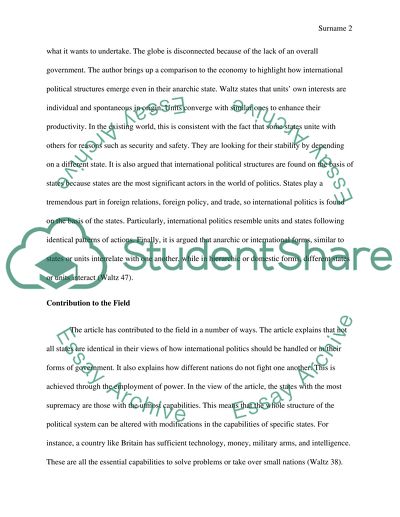Cite this document
(“Literature Review Essay Example | Topics and Well Written Essays - 1500 words - 2”, n.d.)
Retrieved from https://studentshare.org/history/1485716-literature-review
Retrieved from https://studentshare.org/history/1485716-literature-review
(Literature Review Essay Example | Topics and Well Written Essays - 1500 Words - 2)
https://studentshare.org/history/1485716-literature-review.
https://studentshare.org/history/1485716-literature-review.
“Literature Review Essay Example | Topics and Well Written Essays - 1500 Words - 2”, n.d. https://studentshare.org/history/1485716-literature-review.


